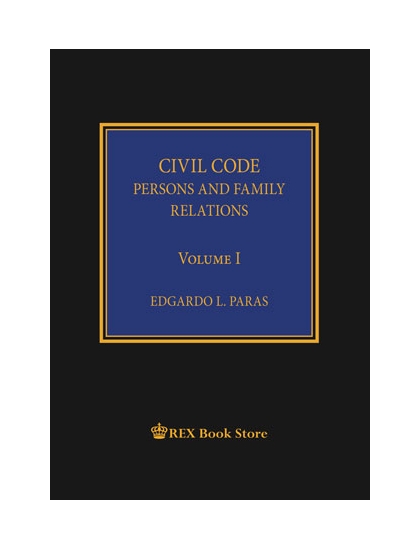News
In the Civil Code of the Russian Federation, the law on “digital rights”

officially entered into force
On October 1, a digital rights law entered into force in Russia, enshrining the basic definition of “digital law” (a legal analogue of the term “ token ”), and defining its participation in circulation as an object of civil rights.
The Chairman of the State Duma Committee on State Building and Legislation Pavel Krasheninnikov, commenting on the new law, noted:
"This is a new area for Russian law, so it is important to consolidate the main provisions in the Civil Code."
In particular, the law introduced several basic provisions in the Civil Code of the Russian Federation on new digital objects of economic relations. In fact, these new objects are created and used both in Russia and abroad, but they have not yet been directly regulated by Russian law, therefore, persons acquiring such objects, as well as their creditors and heirs, could be left without legal protection, the parliamentarian noted. He said:
“Digital technology has become a solid part of our lives. The Internet is developing a market for such objects as “tokens”, “cryptocurrency”, etc. The conclusion of contracts on the Internet is quite widespread. Purchasing goods and paying for services online has already become one of the main trends in the consumer market. The advent of new digital opportunities greatly simplifies our lives, but since these relations were not regulated directly by law, great risks were created. The law allows us to provide legal conditions for the execution and execution of transactions in the digital environment, to provide protection to citizens and organizations on such transactions. ”
The basic definition of “digital law” (a legal analogue of the term “token”) is fixed, which is understood as a set of electronic data (for example, a digital code, designation) that certifies the rights to such civil rights objects as things, miscellaneous property, work results, and the provision of services and exclusive rights. Now the circulation of "digital rights" will be carried out only by making entries in the information system.
The law stipulates that a person’s expression of his will using electronic or other similar technical means is equivalent to a simple written form of a transaction. For the purposes of executing transactions with digital rights, a rule has been introduced according to which the fact of the execution of a transaction by a computer program is not disputed.
The scope of “ smart contracts ” is regulated (a condition for the automatic execution of a contract). The issue of legalizing the collection and processing of significant arrays of anonymized information (“big data”) is being addressed .
“To do this, the design of an agreement on the provision of information services is introduced in the Civil Code of the Russian Federation. Such an agreement provides for protection against third-party information , ”said Krasheninnikov.
The original version of the draft law contained nomes relating to cryptocurrencies . But in preparation for the second reading, the provisions on digital money were excluded, since now their introduction into civil circulation to the profile committee seems premature. As a result, cryptocurrency tokens have been replaced by digital rights.
The rules that an information system must comply with, plus the types of digital rights and the particulars of their issue, are determined by other laws. Most likely, this is the Law on Digital Financial Assets, the adoption of which has been repeatedly postponed .
Publication date 10/02/2019
Share this material on social networks and leave your opinion in the comments below.
















